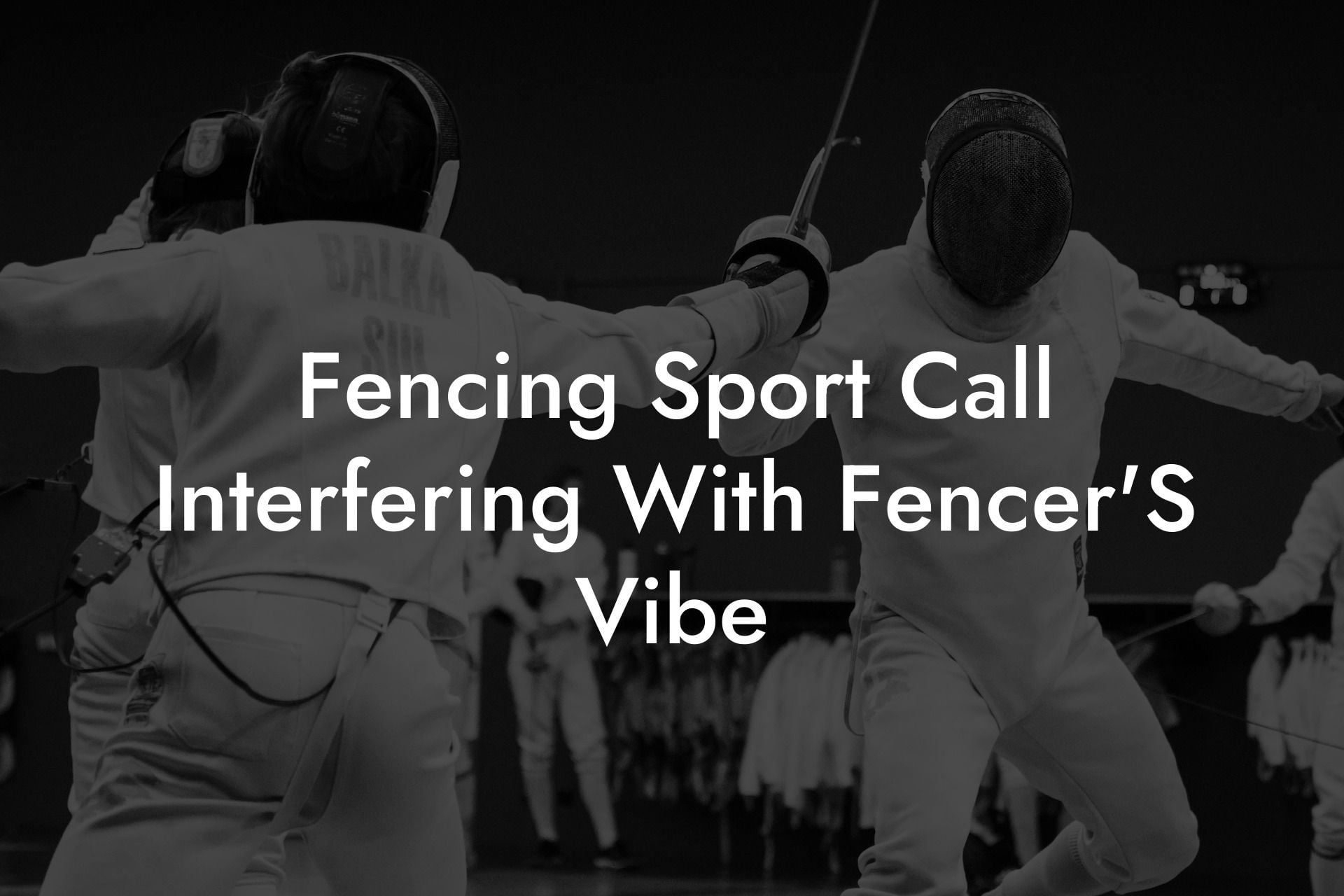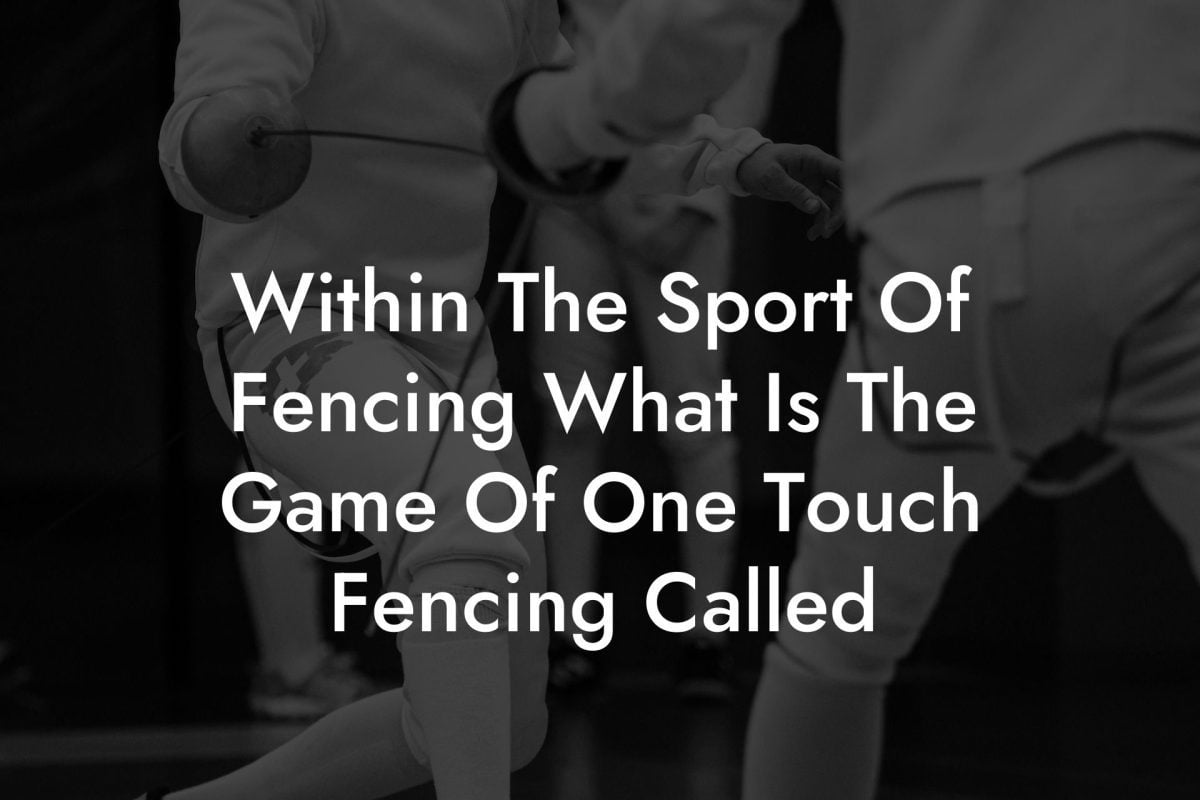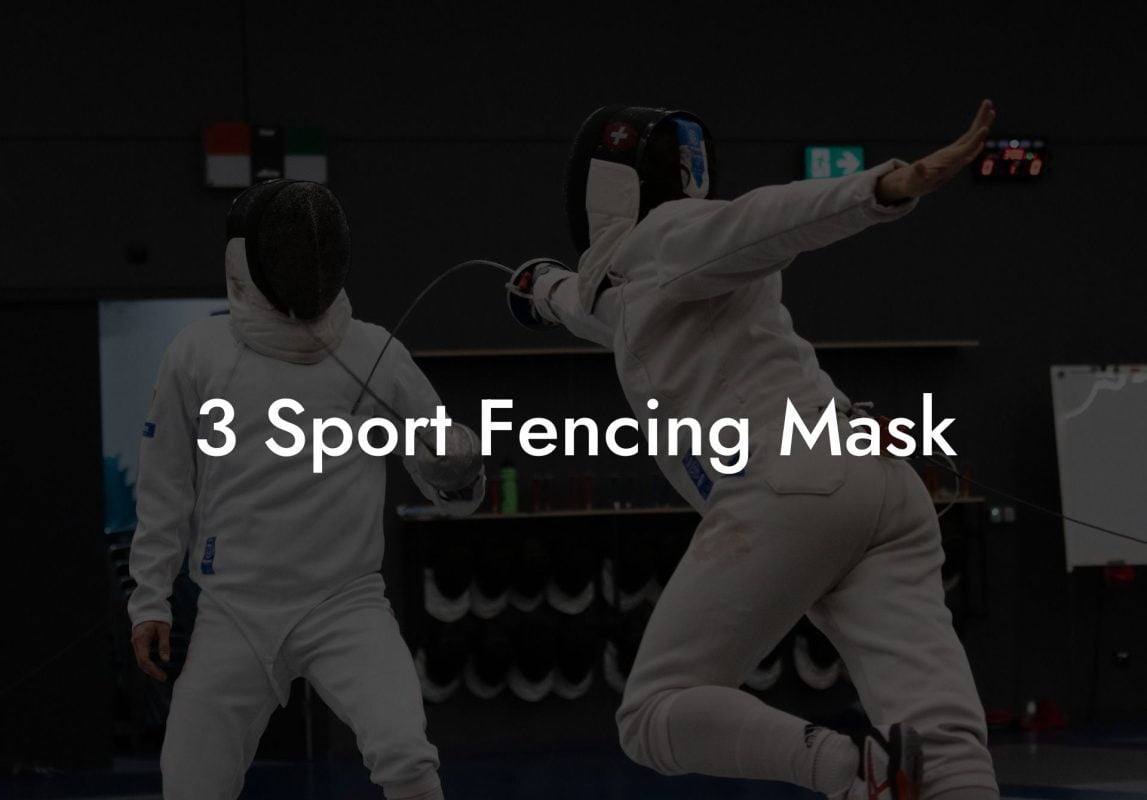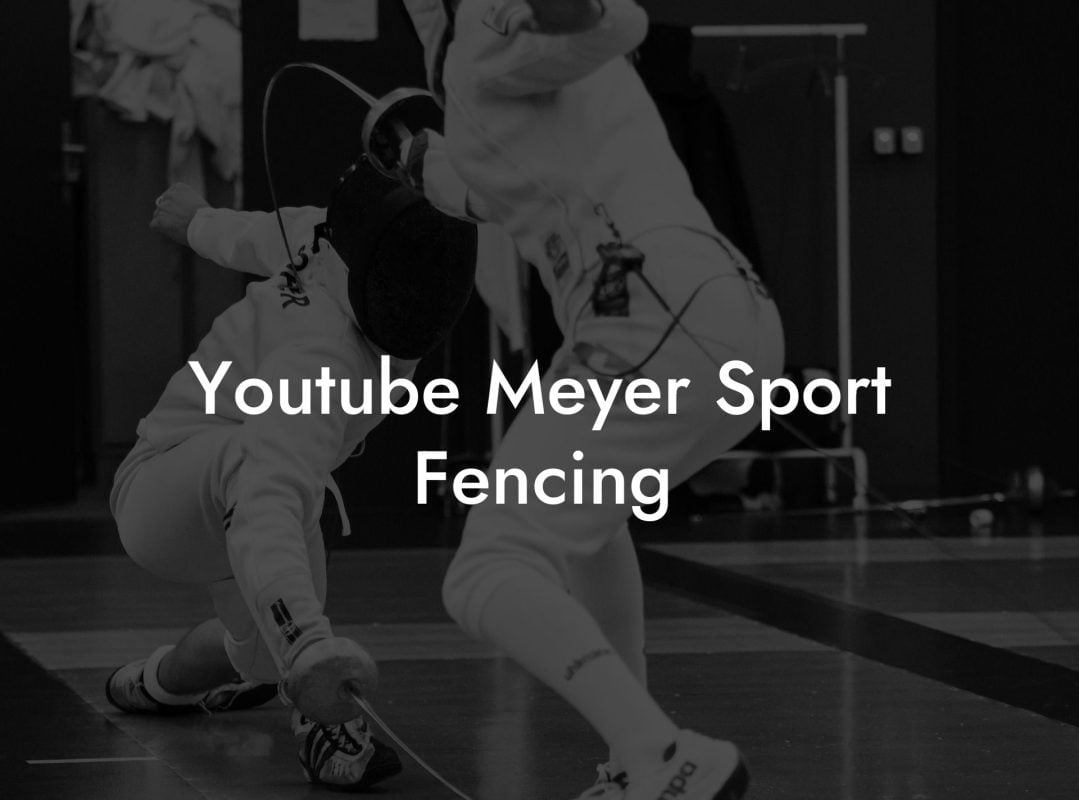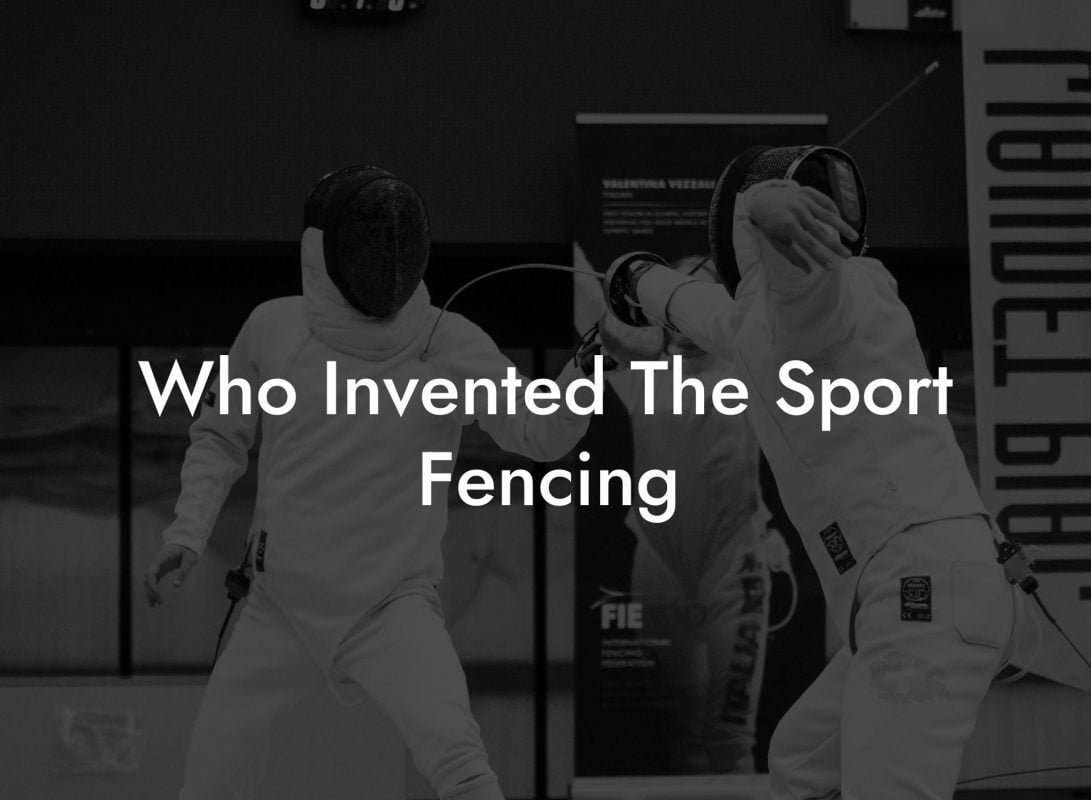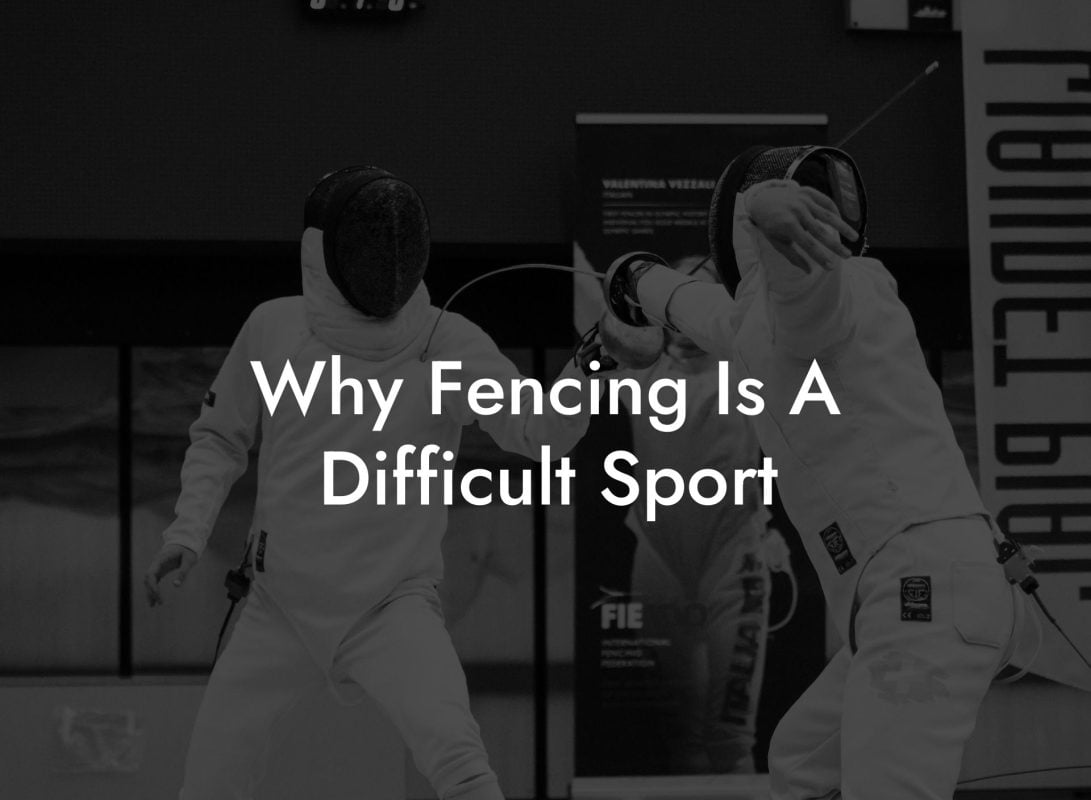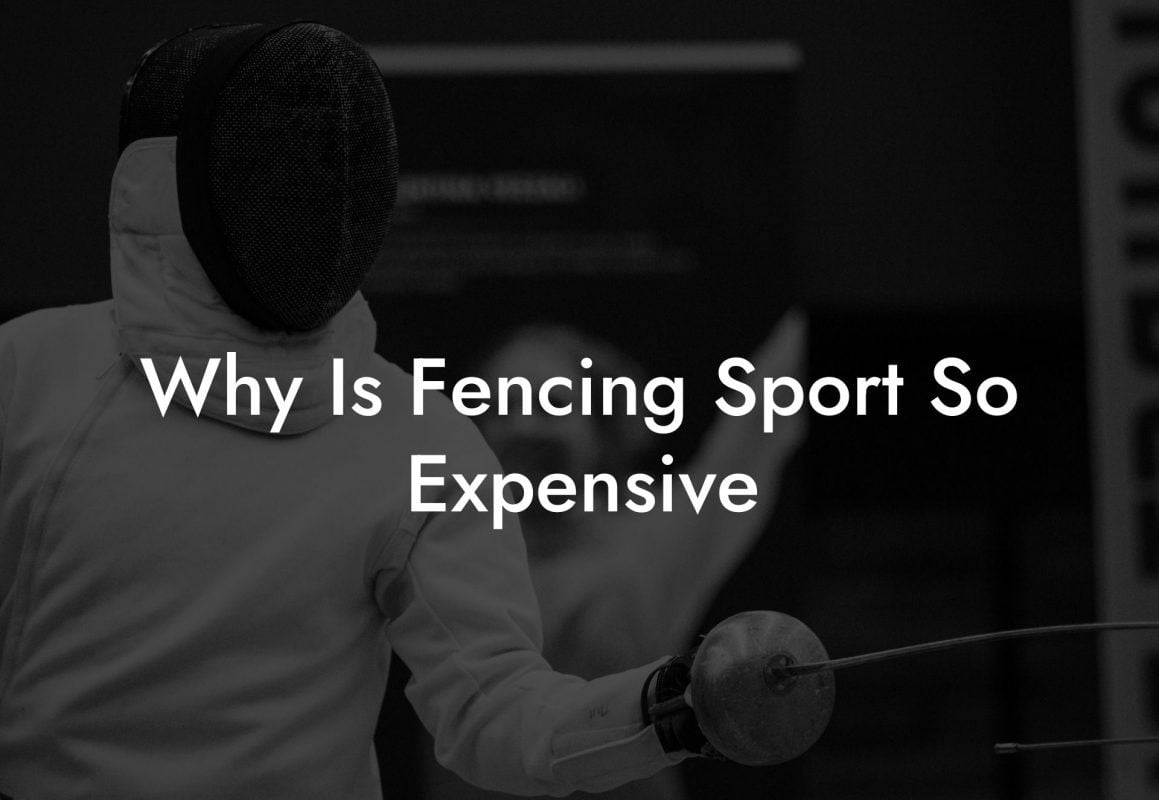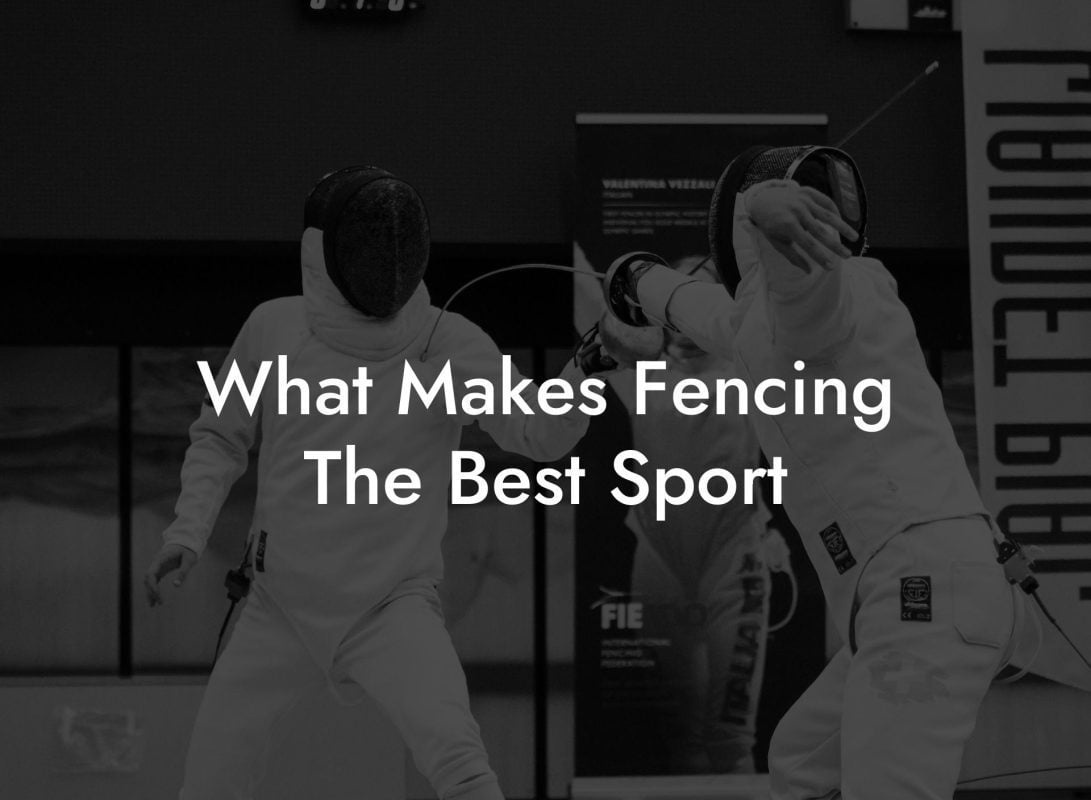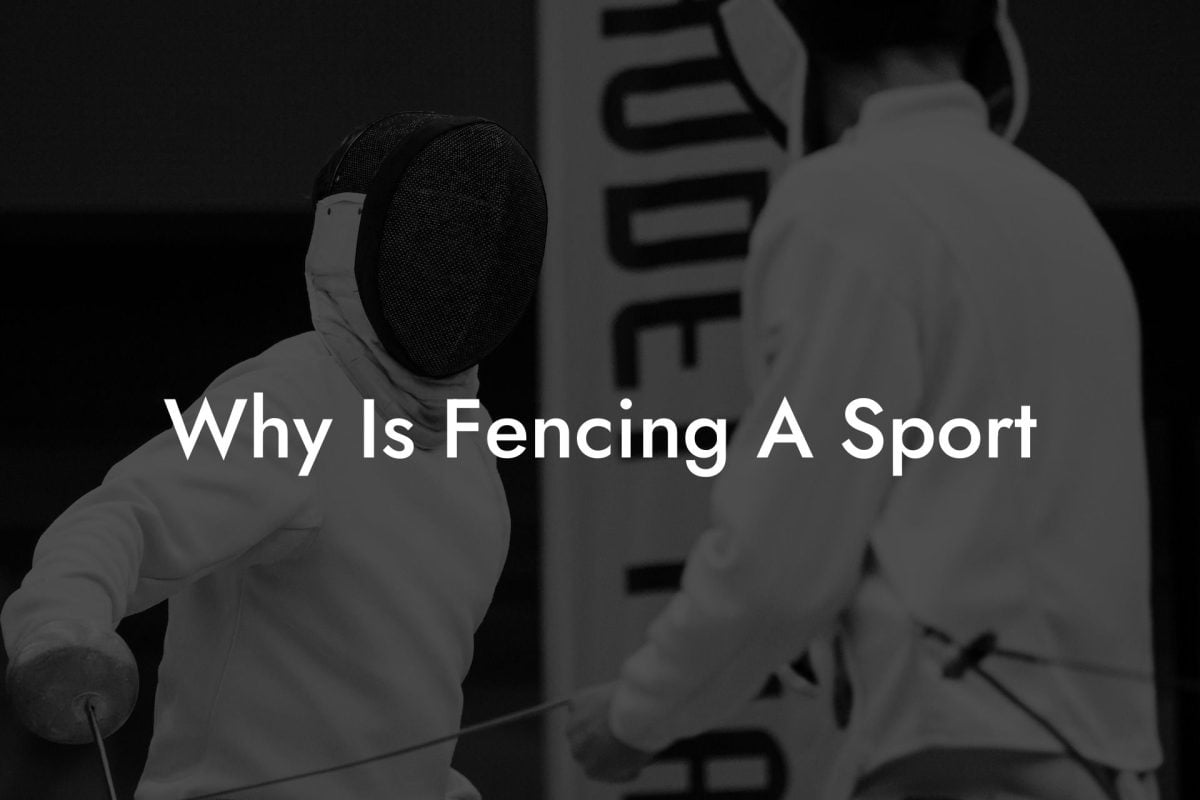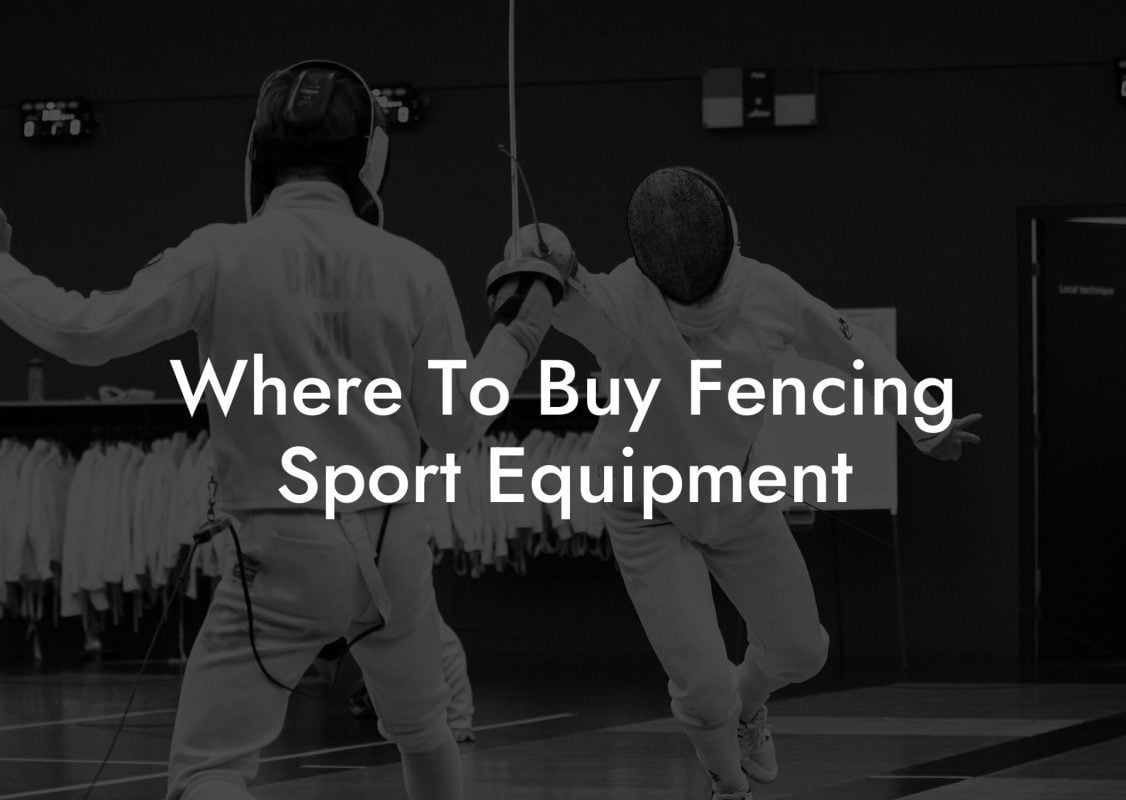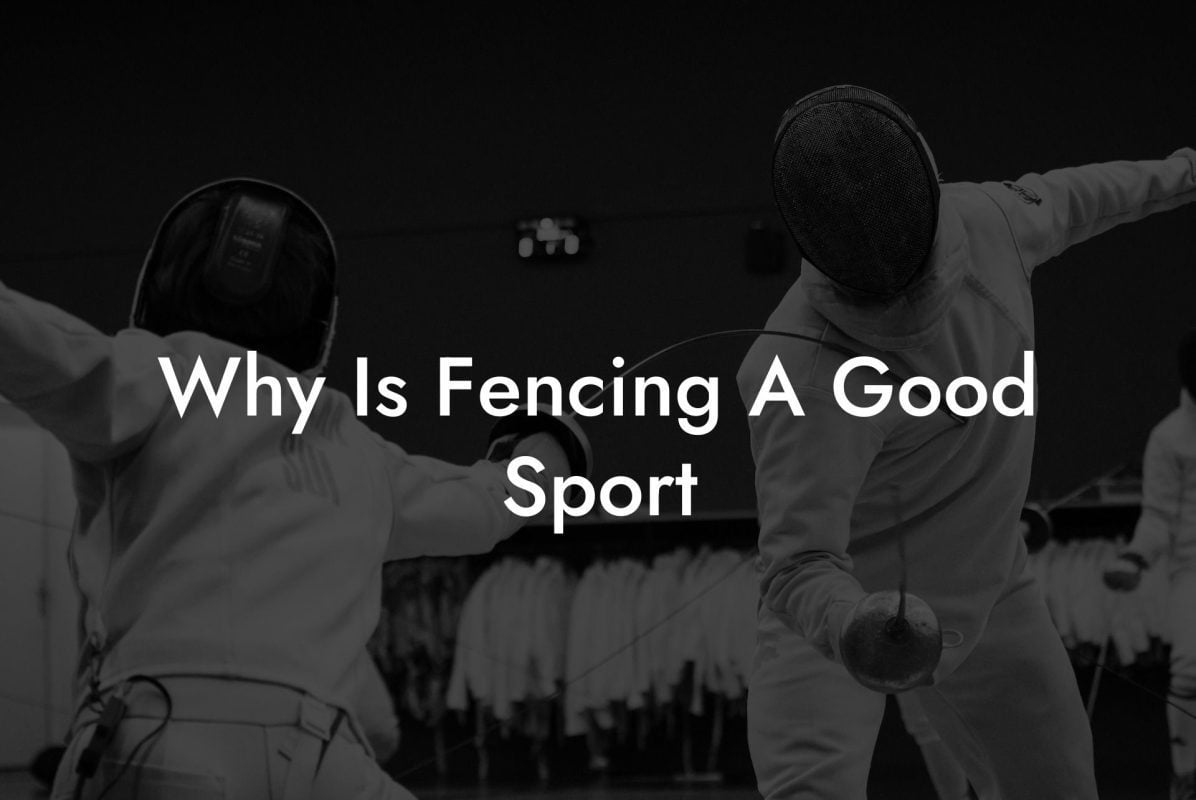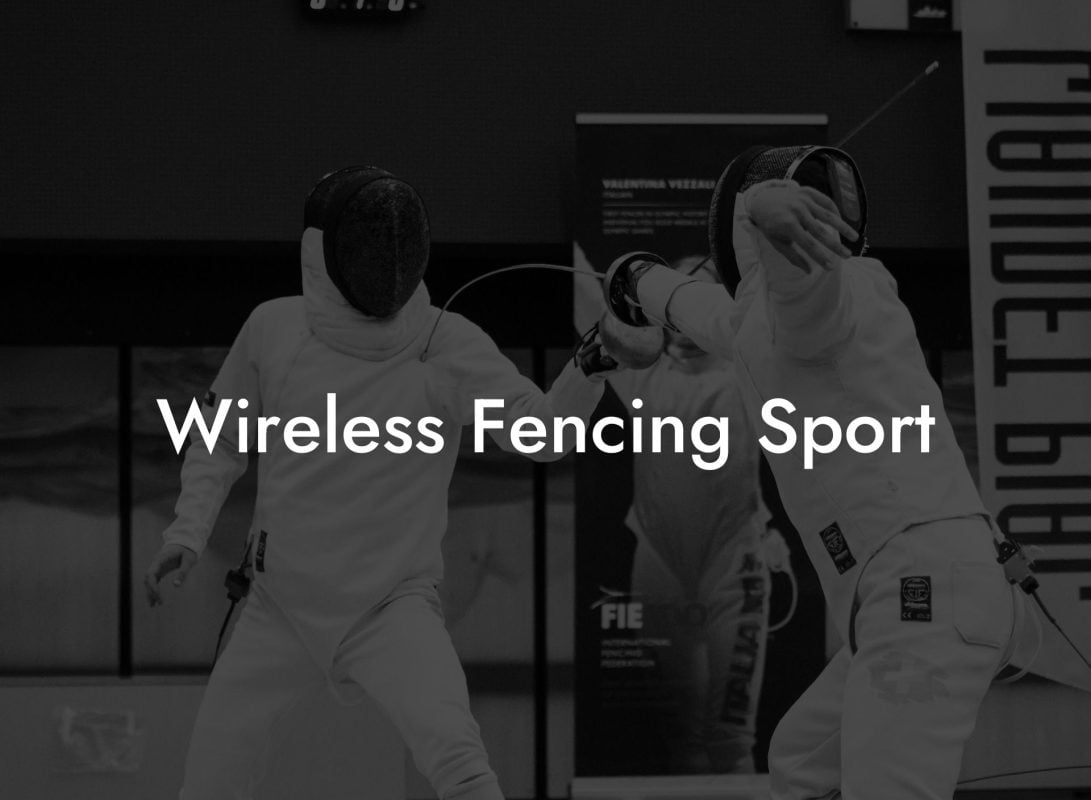Have you ever wondered how a referee's call can impact the vibe and flow of a fencer during a bout? In the exhilarating world of fencing, understanding the nuances of refereeing and how such calls can affect an athlete's performance is crucial for both fencers and enthusiasts alike. In this article, we'll delve into the concept of how calls related to interference can rattle a fencer's vibe and explore ways to better cope with such challenges.
Fencing Sport Call Interfering With Fencer'S Vibe Table of Contents
Understanding Interference in Fencing
Interference in fencing, also referred to as "corps-a-corps," occurs when fencers come into physical contact, either intentionally or unintentionally, in a manner that disrupts the flow and continuity of the bout. It can also occur when a fencer uses their non-weapon arm to prevent an opponent's attack or to initiate an attack of their own.
Common Types of Interference
- Intentional Interference: When a fencer deliberately initiates contact with their opponent, either to break an attack or to force a halt. This can be penalized, particularly if it's deemed dangerous or unsportsmanlike.
- Unintentional Interference: When contact is accidentally made during the course of a bout, such as a fencer losing balance and colliding with their opponent.
- Non-weapon Arm Interference: When a fencer uses their non-weapon arm to block or push an opponent. This is considered a serious offense and can lead to sanctions, such as a yellow or red card.
- Target Area Covering: When a fencer intentionally moves their target area (ex. moving their arm to cover their torso) to avoid being hit. This is considered a form of interference and can be penalized.
How Interference Calls Affect a Fencer's Vibe
A fencer's vibe, or the mental state they maintain during a bout, is crucial to their overall performance. Any disruption in their concentration can lead to mistakes and missed opportunities. Here are some ways interference calls can impact a fencer's vibe:
- Loss of momentum: A referee's call to halt the bout due to interference can break a fencer's offensive or defensive momentum, allowing their opponent to regroup and reset.
- Frustration: Fencers who believe they're being unfairly penalized for interference may become agitated, leading to unfocused and erratic fencing.
- Self-doubt: Repeated interference calls may cause a fencer to doubt their abilities, resulting in a loss of confidence that negatively impacts their performance.
- Intimidation: A fencer who's effectively using intentional interference to rattle an opponent can cause their adversary to become defensive and lose focus on their own game plan.
Fencing Sport Call Interfering With Fencer'S Vibe Example:
During a high-stakes match, an épée fencer, Alice, has managed to maintain a narrow lead against her opponent, Bob. As the bout nears its end, Alice becomes increasingly aggressive in her attacks to secure victory. However, with each attack toward Bob's target area, Alice's arm brushes against Bob's weapon arm. The referee issues a series of warnings and finally, a yellow card for interference against Alice.
This development distracts Alice, her focus shifts from scoring points to avoiding further penalties. As a result, she begins to fence more cautiously, allowing Bob to seize the initiative and ultimately win the bout.
Understanding how interference calls impact a fencer's vibe can help athletes and fans alike better appreciate the complexities of the sport. As a fencer, you can take these insights to improve your reaction to interference and maintain your focus in the midst of heated competition. As a supporter or enthusiast, your knowledge enriches your understanding and enjoyment of the sport. Don't hesitate to share this article with fellow fencing enthusiasts and explore other top-notch guides on Anchorage Fencing Club to further deepen your love for the exciting world of fencing.

